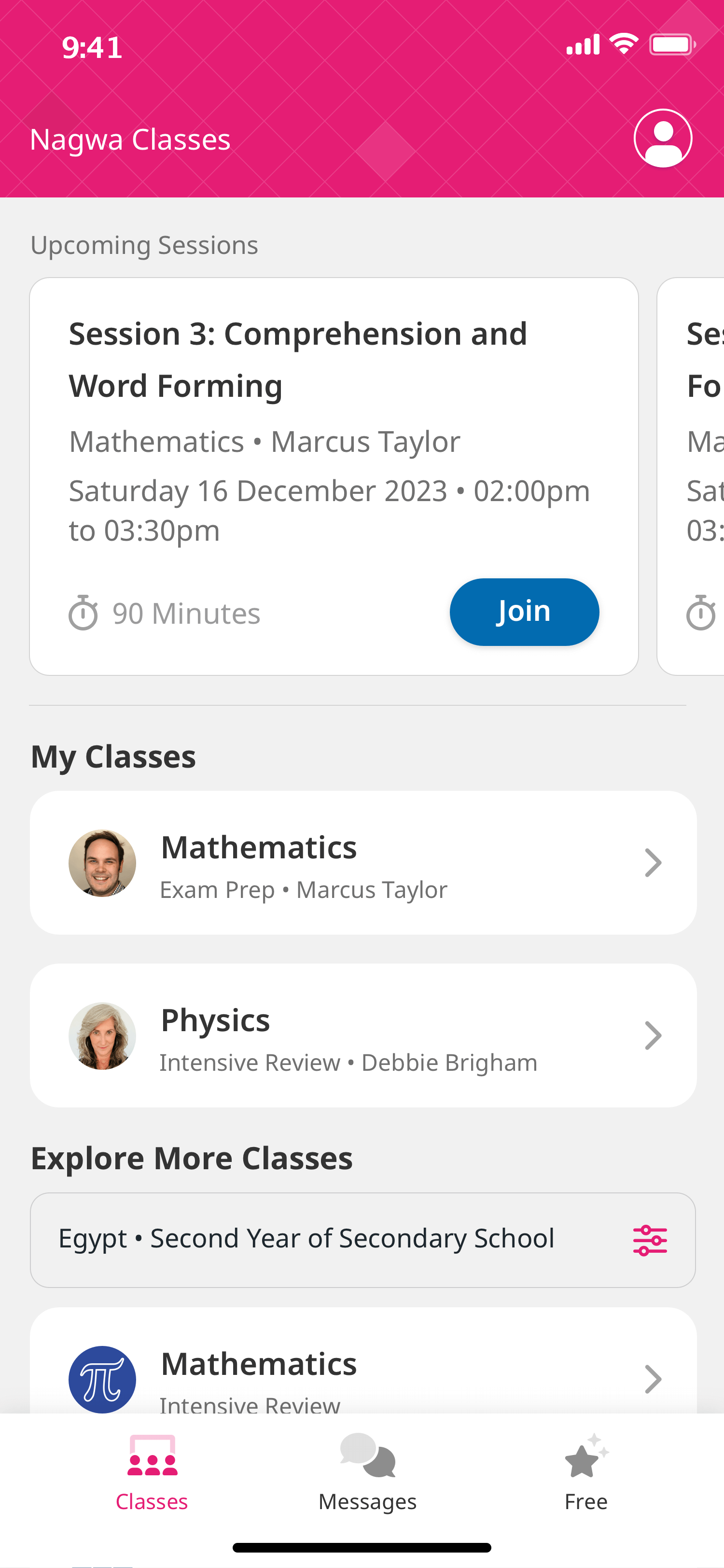Video Transcript
During catalytic cracking of a hydrocarbon mixture, a molecule X reacts according to the equation shown. Which of the following is a possible structural formula for the reacting molecule?
For now, let’s remove the answer options to create some space to think about this question. The equation shows one substance X being transformed into two different substances. When a substance breaks down to form two or more other substances, we call this a decomposition reaction. Catalytic cracking is a specific type of decomposition reaction. We could define it as a type of decomposition reaction where larger organic molecules are broken down into smaller ones.
In industry, cracking is performed on a large scale to convert the many large hydrocarbon molecules in crude oil to smaller, more useful molecules. A hydrocarbon is a molecule made only of carbon and hydrogen. And a mixture of such compounds contains a variety of hydrocarbon substances. The large hydrocarbon molecules in crude oil may be saturated or unsaturated. That is, all carbon-carbon bonds might be single bonds, or some might be double bonds, and some might be triple bonds. Much energy is required for cracking to occur, to break the strong bonds in the original large hydrocarbon molecules.
Cracking is an endothermic process which requires high temperatures, sometimes high pressure, and sometimes a catalyst. This question mentions catalytic cracking. So we know a catalyst is used to speed up this reaction. We can simplify a cracking process into three basic steps. In the first step, a carbon-carbon single bond breaks. In the second step, hydrogen atoms rearrange. First, a carbon-hydrogen bond breaks, and the hydrogen atom forms a new bond with a different carbon atom. And in the third step, a new carbon-carbon double bond forms. The two smaller molecules that are produced from this cracking process are an alkane and an alkene.
Now that we know how cracking occurs, let’s have a look at the equation given to us in the question. We are asked to identify substance X. And we are given the displayed formulas of the two cracking reaction products, which are ethene and propene. Note that we have two alkene products instead of an alkane and an alkene. This must mean that the reactant X cannot have been an alkane but must have been an alkene.
To determine what compound X is, we can take the three steps of a cracking reaction and work backwards from our two products. In step three, we have ethene and propene. We need to do the reverse of step three and undo this carbon-carbon double bond, or maybe it’s this carbon-carbon double bond. We do not know at this stage. It is a process of trial and error.
Let’s start by undoing this carbon-carbon double bond on propene. Opening up the double bond gives us this structure over here. We can then do the reverse of step two. We can break this carbon-hydrogen bond and rearrange the hydrogen atom to get these two species. Finally, we can do the reverse of step one, which is to join these two carbons into a carbon-carbon single bond. Let’s first flip this molecule left to right, and now we can reverse step one by forming a single bond between these two carbon atoms. This displayed formula, also known as a structural formula, is a possible structure for substance X.
Let’s see if this matches any of the answer options. It matches answer option (C). Finally, which of the following is a possible structural formula for the reacting molecule? The answer is structural formula (C).





